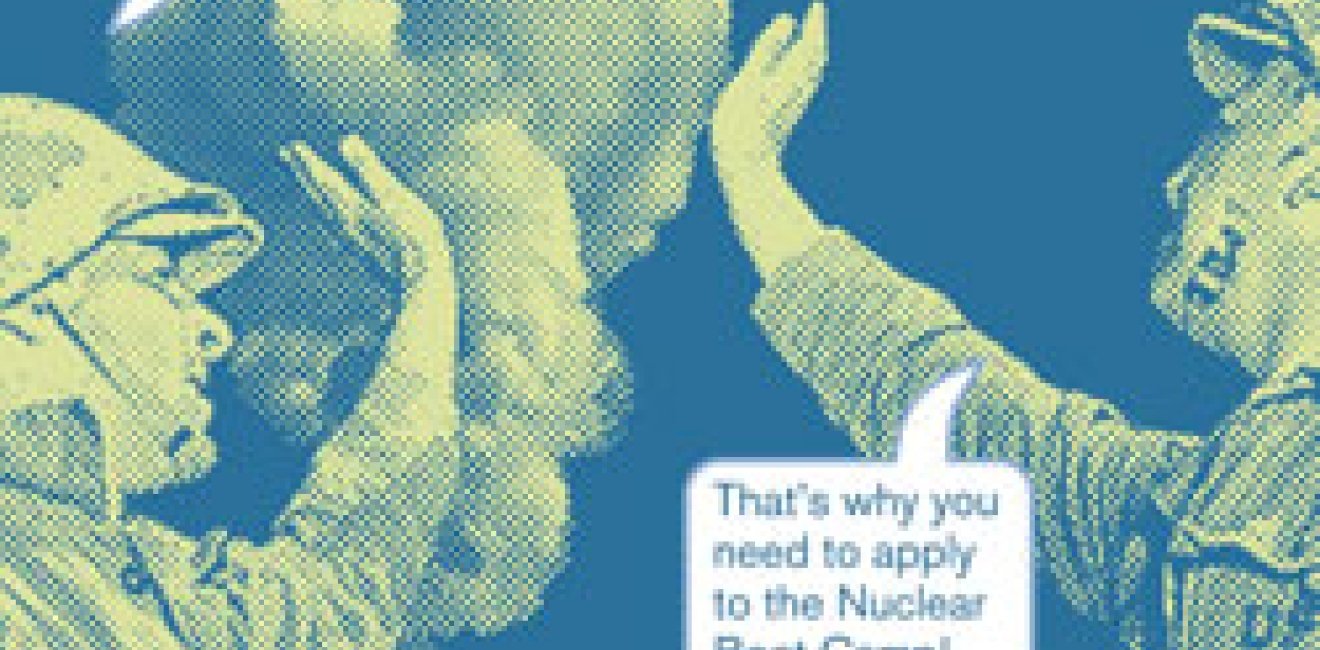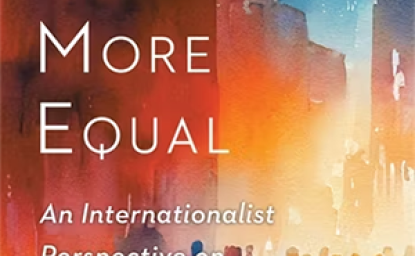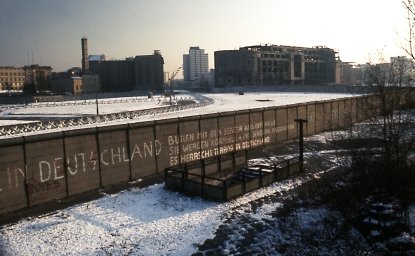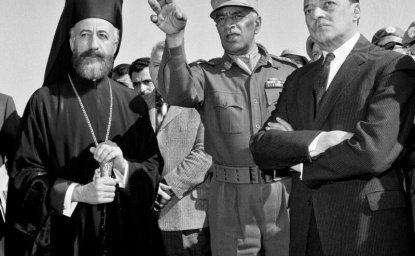Aimed at building a new generation of experts on the international history of nuclear weapons, the second-annual Nuclear Boot Camp is an initiative of the Nuclear Proliferation International History Project (NPIHP).
The continued proliferation of nuclear weapons is one of the most pressing security issues of our time, yet the empirically-based study of international nuclear history remains in its infancy! NPIHP’s Nuclear Boot Camp is an intensive, ten-day immersion in the history of nuclear matters ranging from the evolution of nuclear technology to the origins and development of deterrence theory and nuclear strategy through the historical roots of today’s global nuclear landscape.
Thematic seminars team-taught by world-class historians and leading experts will:
- fully immerse participants in the world of nuclear history research,
- provide them with a deeper understanding of today’s nuclear challenges, and
- deliver the knowledge and research skills necessary to begin the exploration of international nuclear history.
Download the summer 2012 Nuclear Boot Camp flyer for full details:
Click here for the 8.5 x 11 version of the Nuclear Boot Camp flyer.
Click here for the A4 version of the Nuclear Boot Camp flyer.
Details:
NPIHP’s summer 2012 Nuclear Boot Camp will be hosted by the University of Roma Tre and the Machiavelli Center for Cold War Studies (CIMA) at a former ACE HIGH NATO communications relay site in the village of Allumiere near Rome, Italy for ten days in the last half of June 2012.
Participants will receive full tuition and round-trip airfare to Rome as well as accommodations and meals during the boot camp.
Eligibility:
Specifically targeted at building a new generation of experts on the international history of nuclear weapons, the summer 2012 Nuclear Boot Camp is open to:
- Students enrolled in or who have been accepted to a Ph.D. program in international relations, history, political science and related fields,
- especially students who are working towards or considering a thesis on nuclear matters.
- Applicants who have completed their M.A. degree and are considering a Ph.D. in any of the above fields will also be considered.
Application Instructions:
(Applications are due no later than Monday, 20 February 2012)
Required application materials include:
- a resume or CV,
- one letter of recommendation from a professor, supervisor or senior professional colleague who knows you well,
- a statement of purpose (approximately 1 page or 400-600 words in length) describing how participating in the Nuclear Boot Camp would contribute to the achievement of your personal, professional or academic goals.
All application materials must be in English.
Please address all completed applications and letters of recommendation as well as any questions to: NPIHP@wilsoncenter.org
For more information, visit our website,
http://www.wilsoncenter.org/program/NPIHP.
Successful applicants will be contacted by Friday, 30 March 2012.






